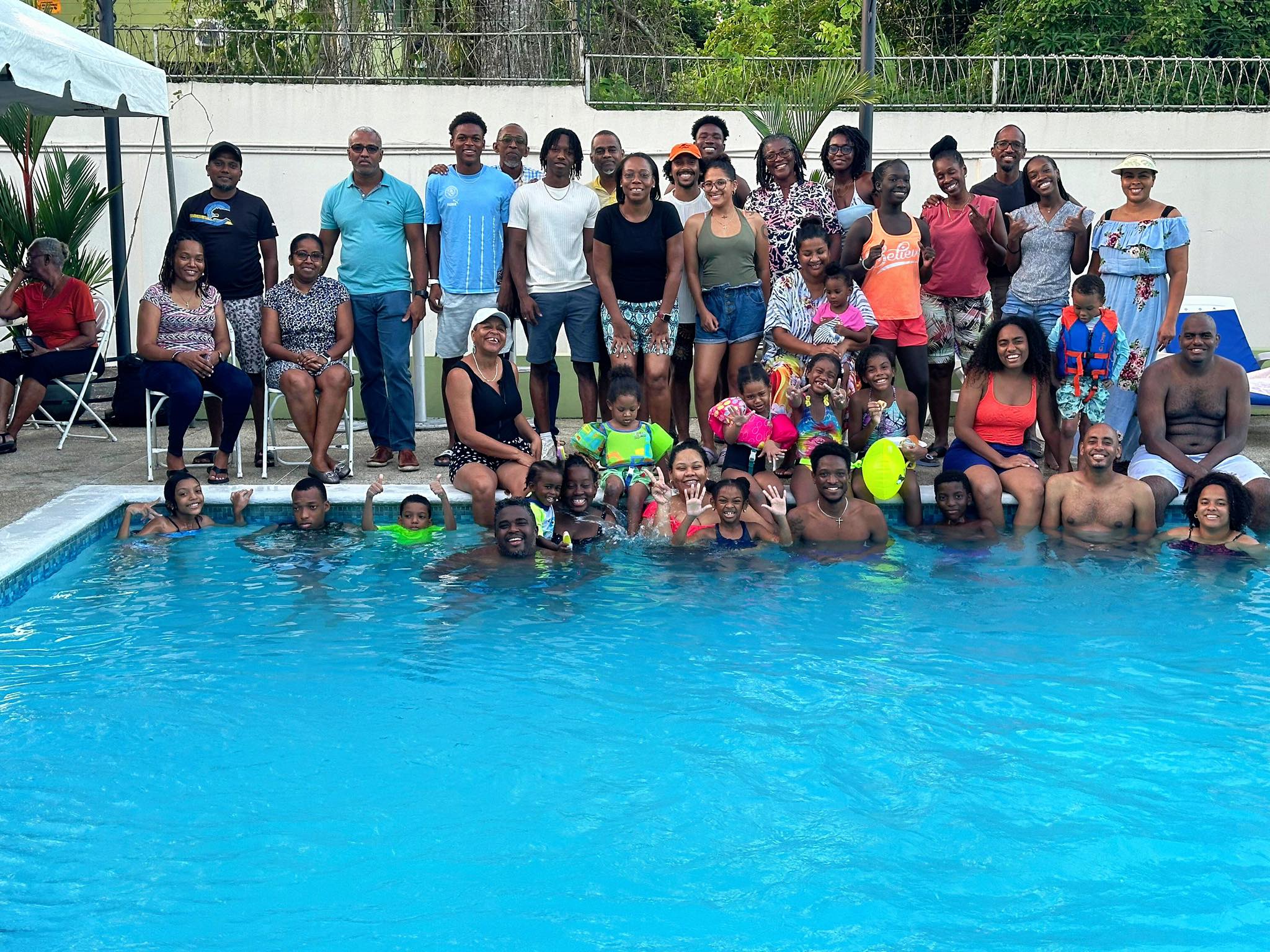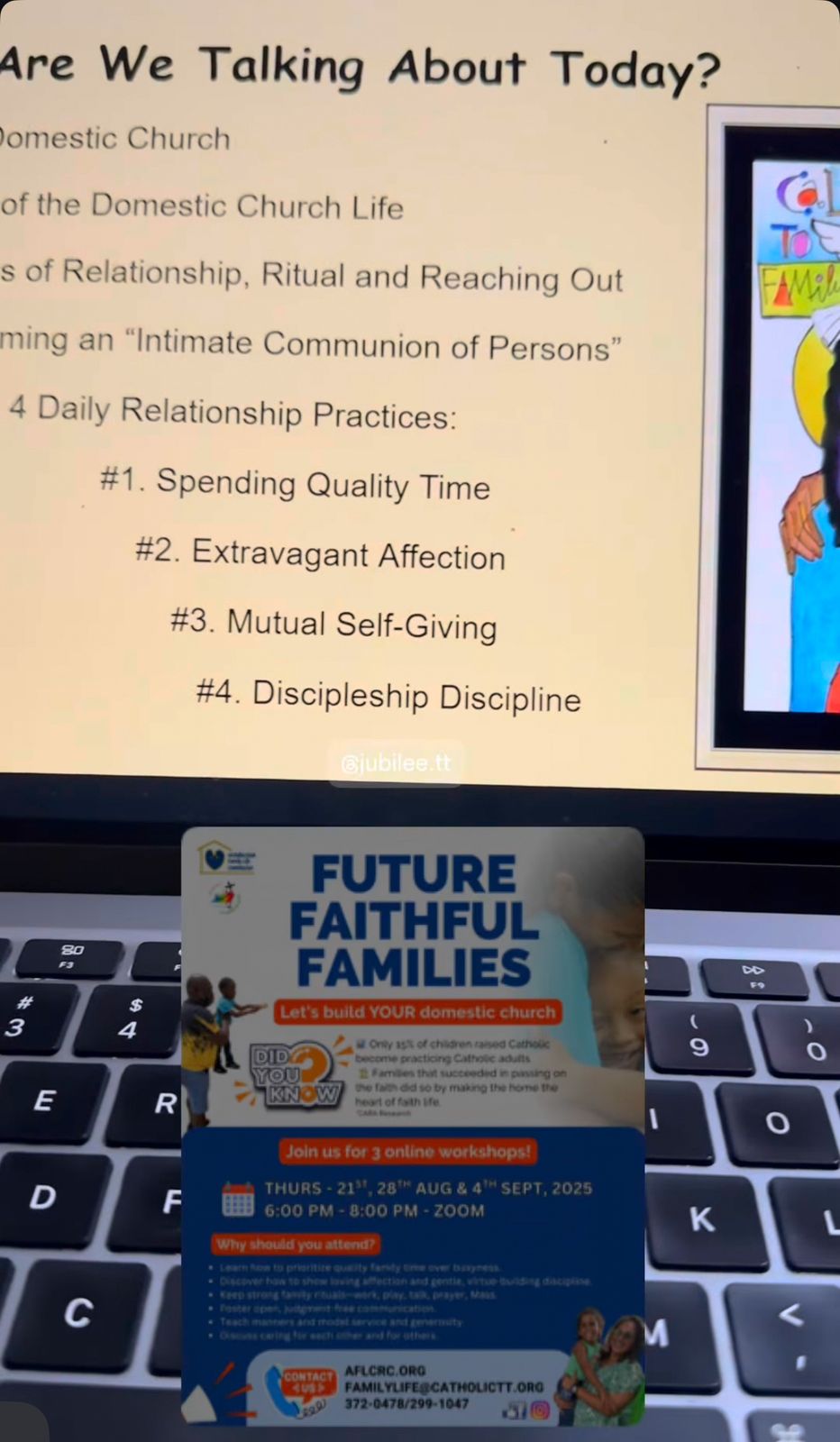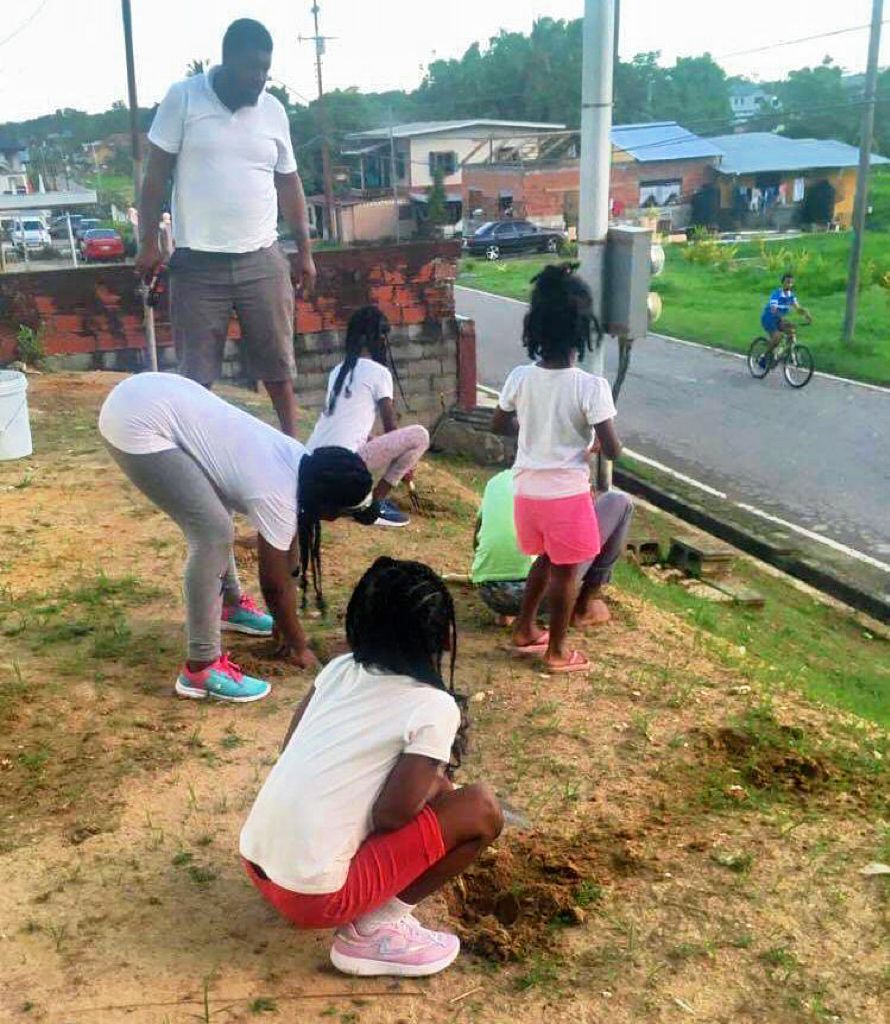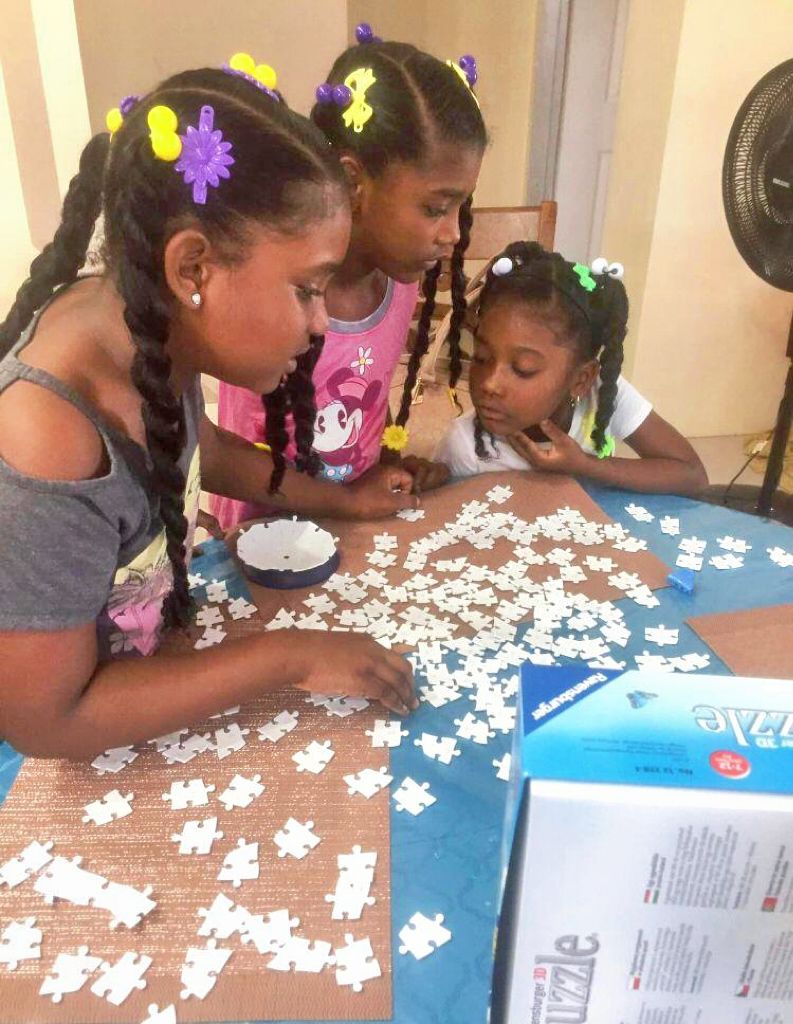Missioning the Domestic Church!
COVID 19 has changed everything. All the usual rules of engagement for church and society have to be fundamentally rethought. As Pope Francis is fond of saying: this is not an era of change but a change of era. When eras change old rules of engagement are no longer helpful. New paradigms are required, new ways of seeing and interpreting the world. This is a once in a century event and it requires a deeper way of seeing and responding to the Church.
On March 14th we went into the desert. It was Lent and COVID became—Christ our Victory in the Desert. Then on Holy Saturday Night we went into the Upper Room. We stayed there for the fifty (50) days of Easter. On Pentecost, following the Apostles and the disciples we moved to mission. Our mission is “Missioning the Domestic Church”.
In light of Pope Francis’s mandate in his two synods on the family and his apostolic letter, our mission is to transform the Catholic family to become a domestic church that participates in the mission of Christ.
For a long-time the primary pastoral locus was the parish. We are a parish centric church. The challenge is that the parish is dependent upon a smaller pastoral locus—the family. Also, the Parish is but one institution of the Church alongside others. There are schools, ecclesial movements like St. Vincent de Paul and Legion of Mary and Charismatic Renewal and the communities that have grown out of them. There are also the religious. Each of these have worked separately for maintenance and or mission with a shrinking group of Catholics in our parishes.
Consider for a moment 86% of Catholics have little interaction with the parish. I am proposing that we see the Church as an integral ecology for forming missionary disciples – Catholic families, ecclesial movements, religious and schools, all connected and working together to mission the domestic church. From this single activity all will benefit. The Church will become stronger and Catholic Life will flourish.
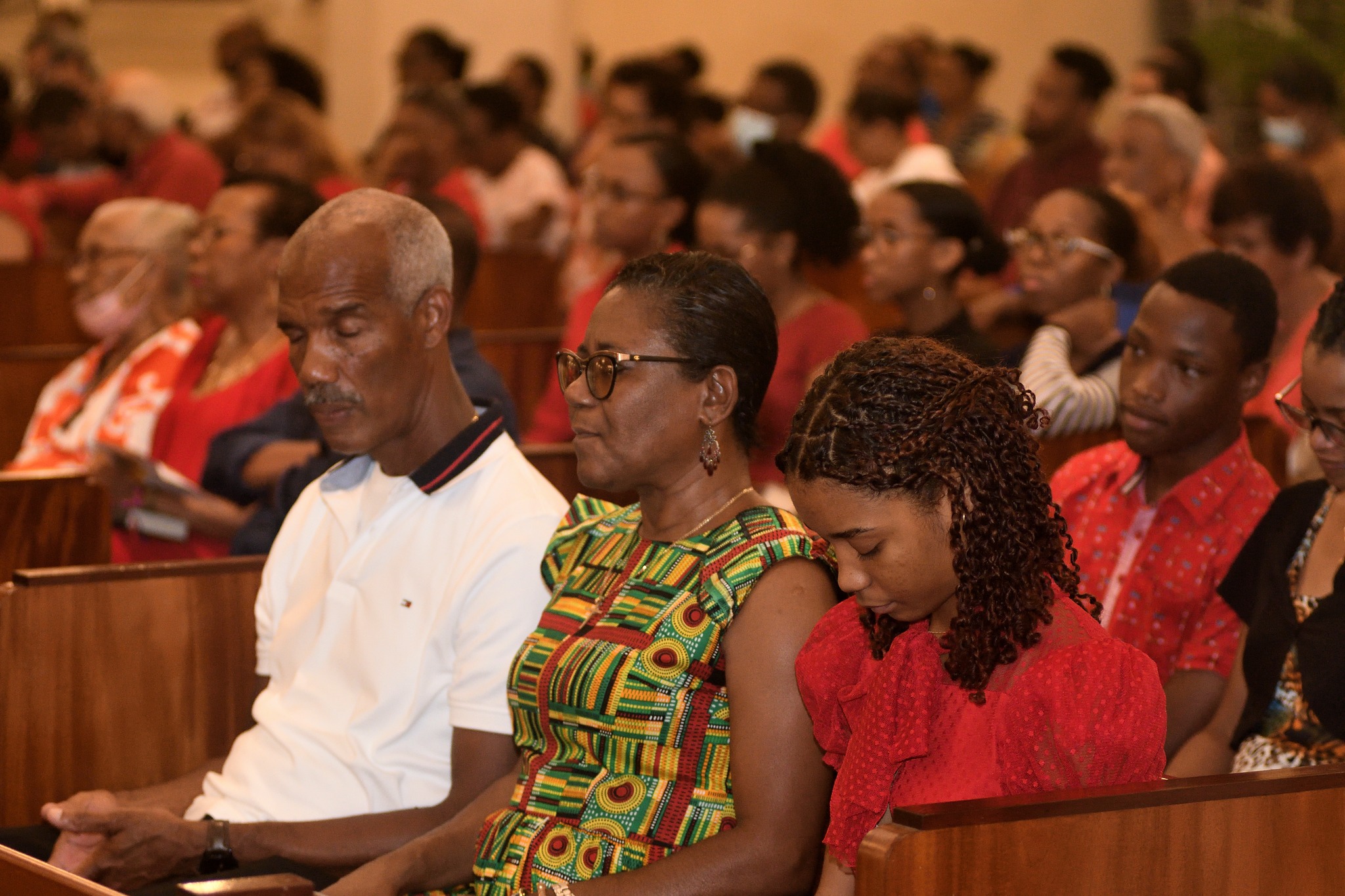
Changing the pastoral locus
CLR James in his phenomenal work, ‘Beyond a Boundary’ does an analysis of West Indian Cricket. He realised that most people measured the health of the game by looking at test cricket—the locus of analysis. He also realised that Test Cricket was dependent upon having people striving for excellence at the village, the county, and the school cricket level.
In fact, by the time you see the problem at the level of Test Cricket it is already too late. He changed the locus of analysis and began to analyse the root problem—the school, the village and county cricket were no longer healthy. They no longer had daily organized practice for excellence. The school, the village and county cricket were the places to begin restoring the vitality of the game in the Region.
So where is the place to begin if we want to restore the vitality of the Church in the Archdiocese? It is my considered view, that the place to begin is the family. St. John Paul describes the Family as an “intimate community of life and love” (Familiarias Consortio 17).
He also described the method. Speaking to the centrality of the family in the evangelisation work of the church. Now in alignment with the dicastery of the New Evangelization, our pastoral locus is the domestic church. The agents of mission are all Catholic institutions—family, school, religious, ecclesial communities, and the Parish.
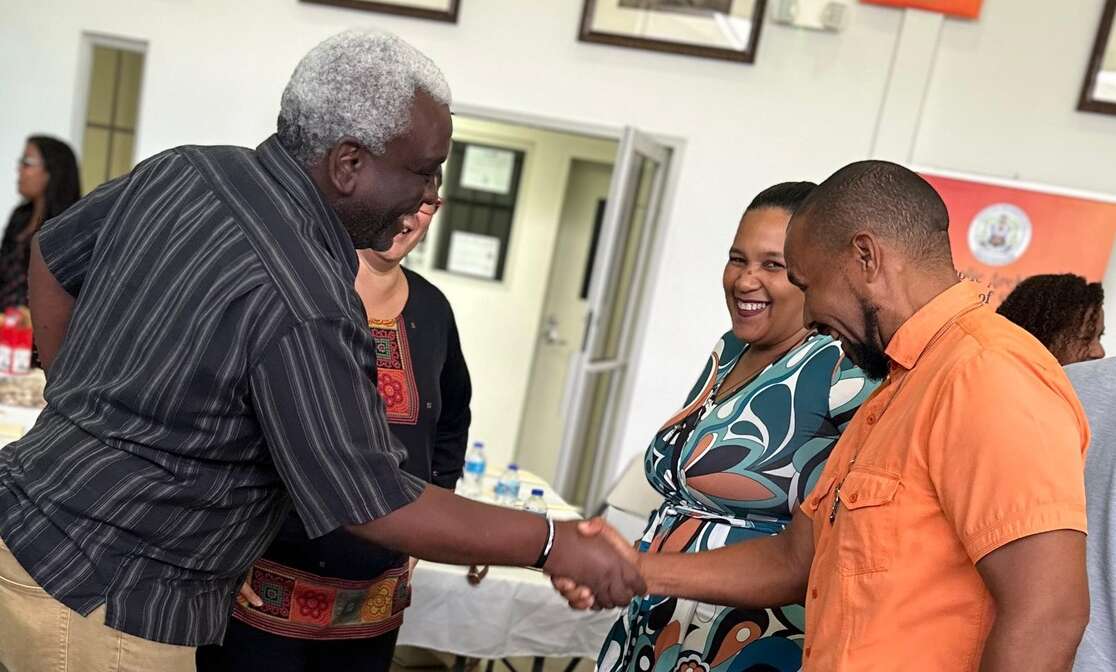
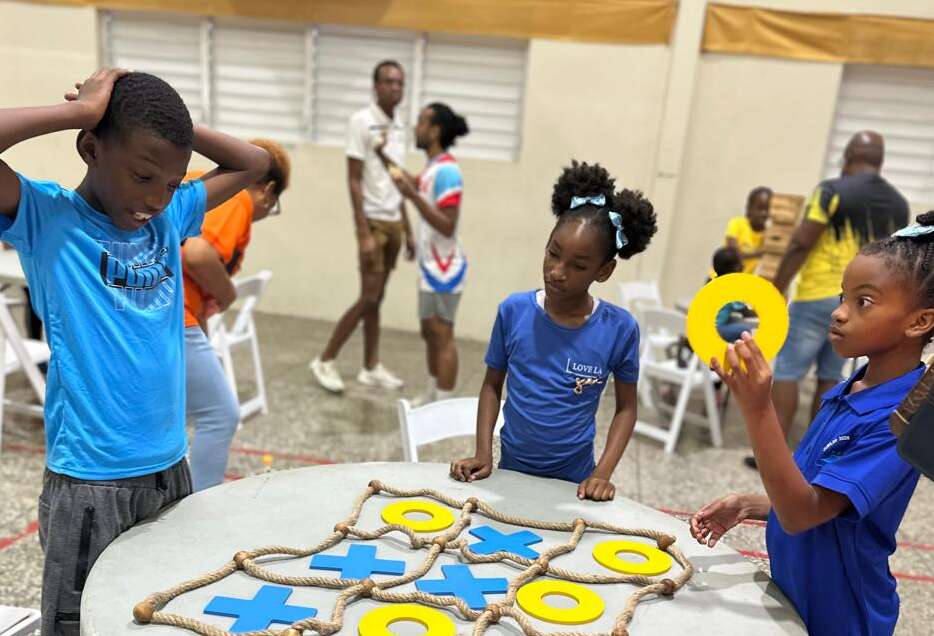
Rational for refocusing the pastoral locus
The Diocese has wrestled with the question of meeting the evolving needs of the society in the new millennium.
Our Synod of 2009 identified 8 core areas of focus in which the Church needed to perform in order to meet the evolving needs of a rapidly changing world. In 2005, 6 Commissions were formed, based partly on this logic as well as responding to changes in the environment. Archbishop Harris called the Archdiocese to mission in 2014. Five years later, and after two years of intense self-scrutiny, our Archdiocese committed to a pastoral plan in 2019, with six pillars— Parish, Family, Youth and Young adults, Catholic Education, Leadership in Church and Society and Clergy and Vocation. We began with the implementation of the 3Hs (Parish Liturgy)—Homilies, Hymns and Hospitality. Our thinking was that if we get the Sunday experience right, we will be able to keep our people and lead them to deeper formation.
Then the microbe closed the parish churches for public worship. We have scrambled to find a way to continue our parish activity using technology. What emerged was the domestic church in all its simplicity. When all else was stripped away, when we had to cease doing what we have done for two thousand years, what emerged was the domestic church as the foundation of all church life. It was in the domestic church that faith was nurtured during the time of COVID-19. The family is the load bearing wall of civilisation. The Civilisation and the Church stand or falls based on the strength of the family. It is clear that the world we are re-entering is different to the one we left behind in critical ways, and this offers an opportunity for meaningful redefinition.
Living in a COVID world will continue until we have a vaccine or herd immunity or medication for the respiratory challenges brought on by the virus. That will be between 18-24 months. During that period, we cannot continue scampering as we are multiplying digital Masses to reach our people. Nor can we put the whole of church life on hold. Our people need us now more, than in usual times. We need to find the way to be available to them.
We need to change the pastoral locus from the parish to the family. Then we need to get all Catholic institutions and groups to work together in the task of Missioning the Domestic Church. This is a recalibration or a refocusing—all of our priority areas remain vital. But now it is a call to all hands on deck to mission the domestic church. Through this missioning we will strengthen the parish, the ecclesial and religious community, and the parish. This will require ecclesial communities, commissions, groups, parishes etc. to develop integral relationships and work together for the mission—missioning the Domestic Church.
